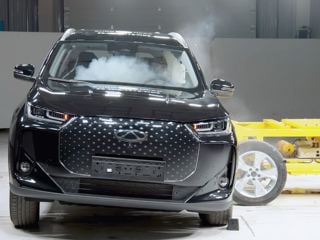Used Electric Vehicles (EVs) are selling as quickly as petrol and diesel cars for the first time, according to Indicata.
Its latest Market Watch report highlights the “strong momentum” for used EVs, as sales in April were 68% higher year-on-year.
Further evidence of how fast the used EV market acceptance is growing was the Kia Niro topping Indicata’s fastest-selling table in April with the Hyundai Ioniq in third place. Stock turn of the Niro and the Ioniq were 14x and 12x with just 26.6 days and 30.1 days of supply of the respective cars available in the market at the end of April.
Used BEVs have been in such high demand in 2022 that stock availability in April fell by 36% year-on-year.
Jon Mitchell, Indicata UK’s group sales director, said: “BEVs are in such high demand that stock levels have fallen dramatically over the past few months. We have really noticed a step change in demand since the beginning of the year. Prices are consistently high with our regular alternative fuel auction for Arval continuing to create strong bids. However, overall average prices have settled down and are back to the levels they started the year at.”
The subject of used EVs and their role in the mass-adoption of zero-emissions transport was one of the key topics debated by Auto Trader brands director Marc Palmer and Cap HPI head of forecast strategy Dylan Setterfield on a recent episode of the AM News Show podcast.
According to Indicata's data, the UK remains the only country in Europe where used prices are falling. From April to the beginning of May 2022 prices fell by a further 1.4% which are now 0.1ppts lower than the start of January.
Total used car sales for April were 1.2% up on the previous month but 16.2% lower than in April 2021 with the semiconductor crisis continuing to create havoc with the usual used car seasonal sales patterns over the past two years.
Earlier this month, the Society of Motor Manufacturers and Traders (SMMT) reported that 1,774,351 used car sales had been completed in the first three months of the year, resulting in a 5.1% year-on-year rise in a period where high values continue to deliver significant margins for car retailers.
But the year-on-year rise was 12 months after a period when car showrooms nationwide were closed due to COVID-19 restrictions, with only click and collect transactions allowed.


















Login to comment
Comments
No comments have been made yet.